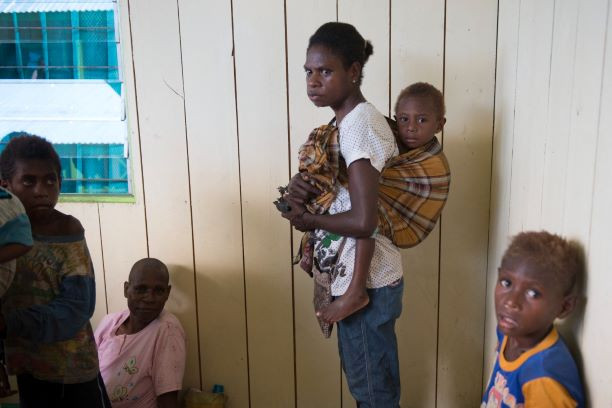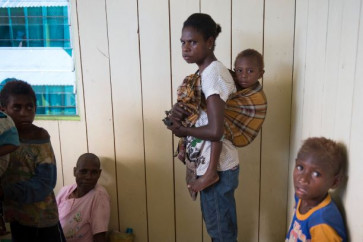Popular Reads
Top Results
Can't find what you're looking for?
View all search resultsPopular Reads
Top Results
Can't find what you're looking for?
View all search resultsHelping Papua escape from its resource curse
In addition to marginalization and other limitations affecting indigenous Papuans, a “weak entrepreneurial spirit” has contributed to the dominant roles of migrants in economic sectors in the region.
Change text size
Gift Premium Articles
to Anyone
P
apua has a rich and diverse natural resource base, such as gold, copper, timber, oil and gas, making it an important contributor to Indonesia’s economy. Yet, its vast resources and its remote and dispersed population have created numerous challenges, causing low economic development outcomes.
Hitherto, Papua remains one of the least developed regions in the country, with high levels of poverty and inequality. In 2022 the poverty rate in Papua and West Papua provinces reached 26.6 and 21.3 percent respectively, much higher than the national average of 9.5 percent.
Despite abundant natural resources, Papua continues to struggle with persistent economic and security challenges and political instability. The region has been “cursed” by its rich natural resources. Escaping the resource curse in Papua requires a comprehensive approach that addresses the region's social, economic and political problems.
Papua is home to several large drilling and mining operations, including one of the world’s largest copper and gold mines, PT Freeport Indonesia. These natural resource extraction industries have become important assets bringing significant revenue to the region, but they have also created a range of problems, including economic disruption, bad governance and corruption, social conflicts and environmental degradation.
This phenomenon of the “resource curse” refers to the paradoxical situation where countries or regions rich in natural resources experience poor economic performance and political instability.
The Papuan economy’s heavy reliance on the natural resource extraction industries has made it vulnerable to fluctuations in global commodity prices and has discouraged the development of other economic sectors. A substantial increase in the price of minerals and revenue has caused resource misallocation, as increasing domestic prices crowded out the traditional agricultural and manufacturing sector.
The Jakarta-based Centre for Strategic and International Studies’ (CSIS) ongoing study on the development-conflict nexus held in Mimika Regency found that in addition to marginalization and other limitations affecting indigenous Papuans, a “weak entrepreneurial spirit” has contributed to the dominant roles of migrants in economic sectors in the region.



















